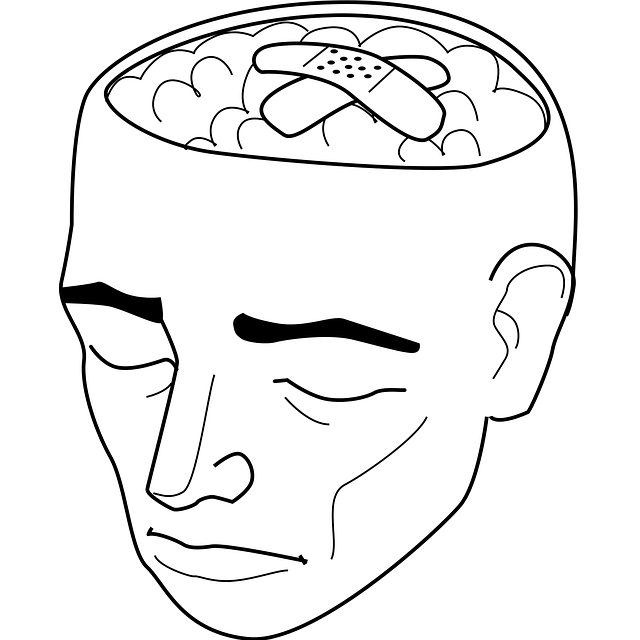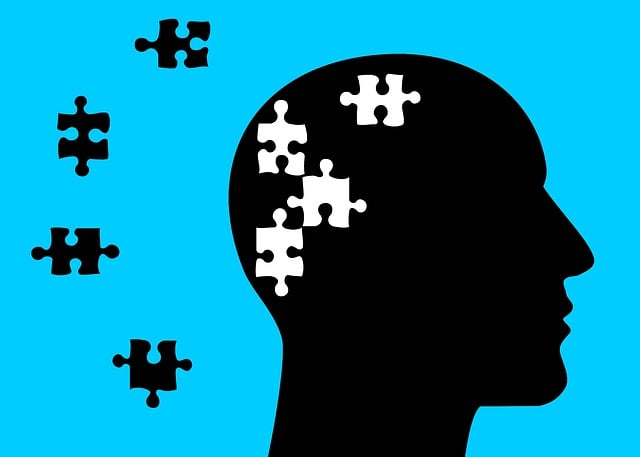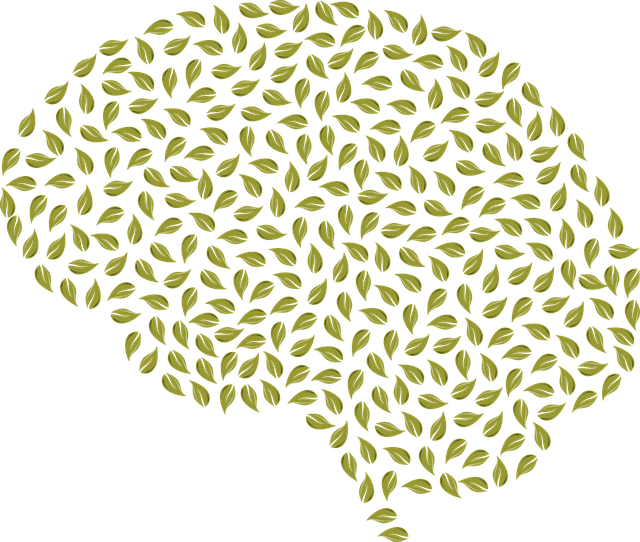The Lakewood Abuse Survivors Therapy (LAST) Framework offers a structured yet supportive approach to mental wellness group facilitation for trauma and abuse survivors, prioritizing safe environments. Facilitators guide participants through active listening, emotional validation, and peer support stages to build inner strength, manage anxiety, and prevent depression. Effective sessions encourage open communication, risk assessment, stress management, and emotional healing, transforming participants' therapeutic experiences and empowering them towards mental wellness.
Mental wellness group facilitation plays a pivotal role in healing and support. This article delves into powerful techniques inspired by the Lakewood Abuse Survivors Therapy (LAST) Framework, designed to create safe spaces for profound transformation. We explore key strategies for facilitating effective group sessions, emphasizing a supportive environment that encourages active participation and peer-to-peer support. By implementing these methods, facilitators can foster resilience and promote meaningful healing among group members.
- Understanding the Lakewood Abuse Survivors Therapy Framework
- Essential Facilitation Techniques for Group Sessions
- Creating a Safe and Supportive Environment
- Encouraging Active Participation and Peer Support
Understanding the Lakewood Abuse Survivors Therapy Framework

The Lakewood Abuse Survivors Therapy (LAST) Framework is a powerful tool for mental wellness group facilitation, offering a structured approach to support individuals who have experienced trauma or abuse. This framework recognizes that creating a safe and supportive environment is paramount for healing and growth. By fostering a sense of community and understanding, facilitators can help participants build inner strength and develop coping mechanisms to manage anxiety relief and depression prevention effectively.
The LAST Framework guides facilitators through various stages, ensuring a comprehensive and compassionate therapeutic journey. It emphasizes active listening, emotional validation, and the promotion of peer support within the group setting. Through this process, individuals can share their experiences, gain insights into their feelings, and learn valuable strategies to enhance their mental wellness. The framework’s structured nature allows for a controlled exploration of sensitive topics while encouraging participants to cultivate resilience and rediscover their inner strength.
Essential Facilitation Techniques for Group Sessions

Effective group facilitation is pivotal for creating a safe and supportive environment in Lakewood Abuse Survivors Therapy sessions. Techniques such as active listening, reflective summarizing, and structured agenda planning foster open communication and encourage every member to participate. These strategies not only enhance engagement but also promote profound insights and emotional healing.
Additionally, mental health professionals facilitating these groups should be adept at conducting risk assessments to identify potential triggers or unsafe behaviors. Incorporating exercises for stress management, tailored from evidence-based practices, can significantly contribute to depression prevention among participants. Well-organized sessions led with empathy and skill can transform the therapeutic experience, offering a supportive network that empowers individuals on their journey towards mental wellness.
Creating a Safe and Supportive Environment

Creating a safe and supportive environment is paramount for effective mental wellness group facilitation, especially when working with survivors of trauma like those in Lakewood Abuse Survivors Therapy (LAT). This begins with establishing trust and ensuring all participants feel heard, respected, and understood. Facilitators should create ground rules that emphasize confidentiality, active listening, and non-judgmental attitudes to foster an atmosphere where individuals can openly share their experiences without fear of recrimination or stigma.
Incorporating strategies for stress management and anxiety relief is integral to this process. LAT members may bring a range of emotional burdens, so teaching communication strategies that promote healthy expression of feelings can be transformative. By facilitating open dialogue and providing tools for coping with distress, group sessions can become powerful forums for healing and mutual support, ultimately enhancing the therapeutic experience.
Encouraging Active Participation and Peer Support

Encouraging active participation is a key facet of effective group facilitation, especially in contexts like Lakewood Abuse Survivors Therapy where fostering a safe and supportive environment is paramount. Techniques that promote peer support create a sense of community within the group, allowing members to lean on one another for strength and understanding. This dynamic is crucial in nurturing resilience and self-esteem improvement among participants. By actively engaging with each other’s experiences and perspectives, individuals can gain new insights, challenge negative thought patterns, and develop coping mechanisms tailored to their unique journeys.
The Mind Over Matter Principles, a cornerstone of many mental wellness programs, are beautifully enhanced through peer support. As group members share their stories and offer encouragement, they reinforce the idea that personal growth is achievable. This collective energy can significantly contribute to the production of a Mental Wellness Podcast Series, where real-life narratives and actionable advice resonate with listeners, further amplifying the impact of self-care initiatives.
The Lakewood Abuse Survivors Therapy (LAST) Framework offers a structured yet adaptable approach to group facilitation, emphasizing a safe space for healing. By combining understanding, supportive environments, and active peer engagement, facilitators can empower individuals on their mental wellness journeys. Essential techniques discussed, such as active listening and collaborative problem-solving, are key tools in creating impactful group sessions that foster resilience and growth. Incorporating these methods ensures every participant feels heard, valued, and supported in a nurturing community.














